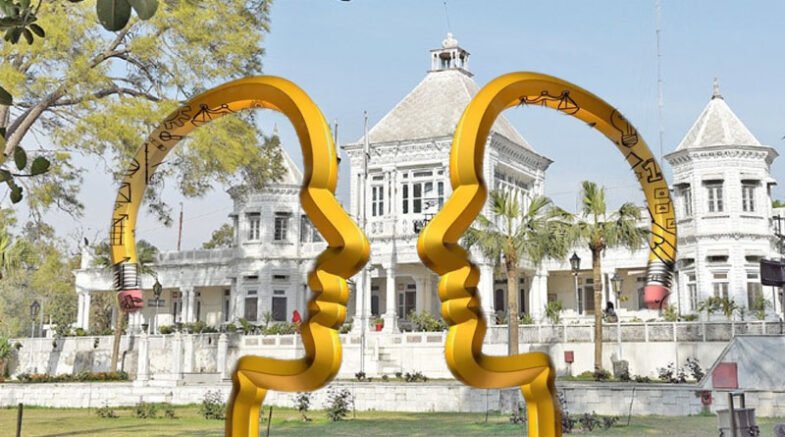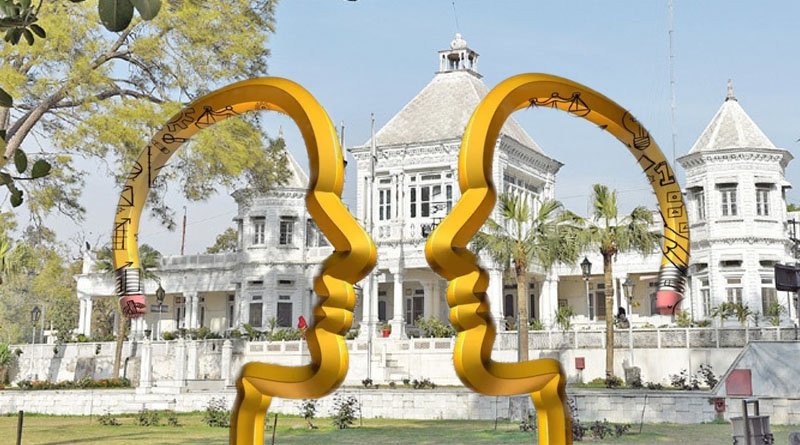The conference offered a useful forum for interdisciplinary discussions and insights into the obstacles to and chances for women’s empowerment and sustainable development.

Interdisciplinary research has the potential to address society’s complex problems, according to Dr. Shaista Sohail, Executive Director of the Higher Education Commission (HEC), who attended the first two-day interdisciplinary conference hosted here by Fatima Jinnah Women University (FJWU).
She praised the FJWU’s efforts and contribution to advancing gender equality and women’s rights in Pakistan by offering a secure and encouraging environment for women to pursue higher education in her address to the audience.
She emphasised the value of interdisciplinary research in addressing the complicated problems that society is currently facing. She emphasised the need for a multidisciplinary approach to address today’s problems, whether they be social, environmental, or economic. Dr. Sohail advised all attendees to keep working together and exchanging ideas after the conference has ended.
She exhorted the attendees to collaborate in order to develop original solutions to the current issues, emphasising that interdisciplinary research holds the key to realising the potential for advancement.
The first two-day interdisciplinary conference, which FJWU organised here, offered an insightful forum for interdisciplinary discussions on the theme of “Women Education and Society” and examined the difficulties and possibilities for achieving sustainable development by empowering and educating women.
Two plenary sessions and a proposal for a literature panel were held on the second and final day of the conference here on Thursday. Women and Sustainable Development, the third plenary session, focused on the significance of women’s empowerment for achieving the SDGs.
The proposal for a literature panel, “South Asian and Pakistani Women Writers: Sustainability and the Impact of Their Writings,” focused on these authors’ writings and how they have affected sustainability. The fourth plenary session, “Women, Society, and the Role of Media,” covered how gendered stereotypes are presented in the media and how they affect our perceptions and ideas from a young age.
In her concluding remarks, the Vice Chancellor (VC) of FJWU, Dr. Saima Hamid, focused on the conference’s role in providing a forum for discussion and reflection on some of the most important issues of the day, particularly those pertaining to women’s empowerment and gender equality.
Prof. Dr. Najma Najam, the first VC of FJWU, expressed her gratitude to all former VCs and highlighted the importance of women’s leadership for bridging gender inequality.
She also highlighted the challenges and struggles she overcame as the first female VC of the Public Sector Women University in Pakistan, paving the way for future female VCs, faculty members, and young female graduates.
The conference offered a useful forum for interdisciplinary discussions and insights into the obstacles to and chances for women’s empowerment and sustainable development.
It emphasised the necessity of inclusive and intersectional efforts to achieve sustainable development as well as the significance of addressing the structural obstacles and gender stereotypes that prevent women from reaching their full potential.
Overall, the conference’s success proved that interdisciplinary research is the only strategy Pakistani universities can use to tackle the complicated issues that the country is currently facing.
